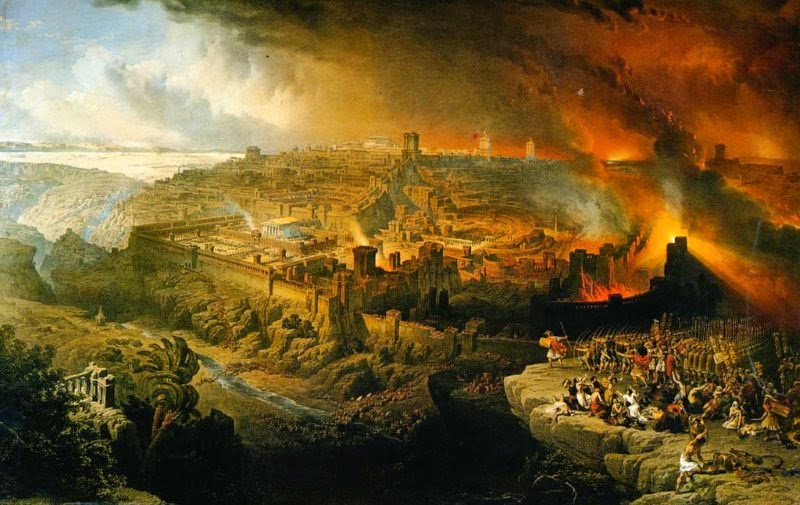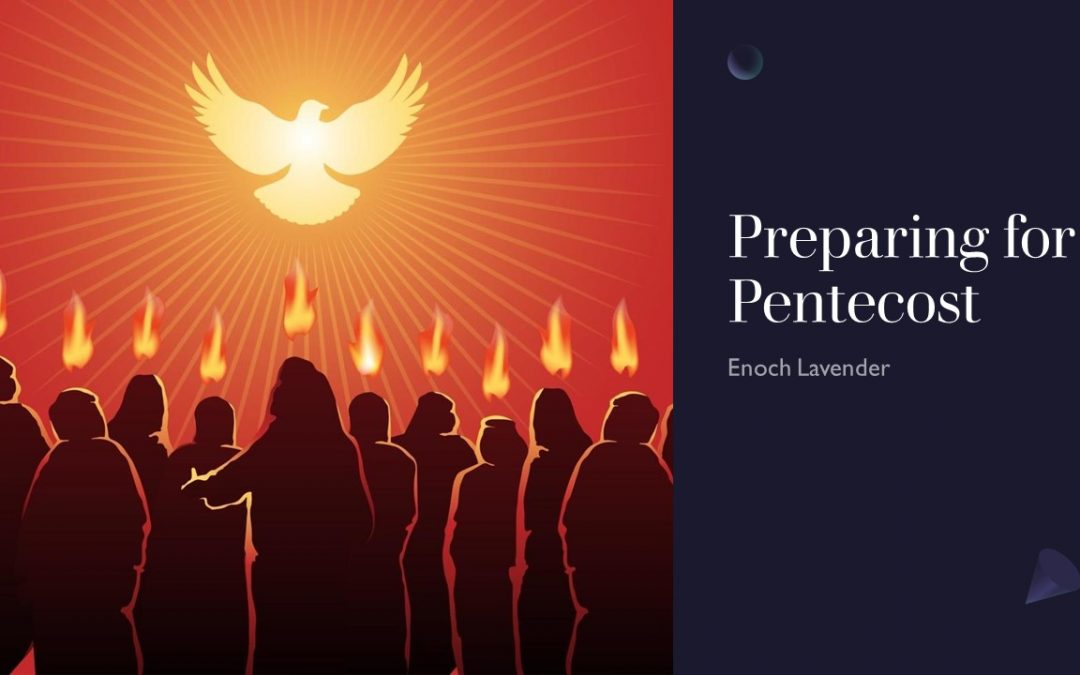 Have you ever experienced it easier to hear God for others, but when it comes to your own life it seems really hard to know God’s will? Or do you feel like your prayers for others are answered, but your own prayers for your needs seem to go unanswered? In their...
Have you ever experienced it easier to hear God for others, but when it comes to your own life it seems really hard to know God’s will? Or do you feel like your prayers for others are answered, but your own prayers for your needs seem to go unanswered? In their...
 God was always present in the Garden of Eden, yet Adam and Eve only sensed His presence walking in the garden with them at certain times. In His presence, it is both easy and compelling to choose Him and His ways. His withdrawn presence was what gave them the true...
God was always present in the Garden of Eden, yet Adam and Eve only sensed His presence walking in the garden with them at certain times. In His presence, it is both easy and compelling to choose Him and His ways. His withdrawn presence was what gave them the true...
 The 9th of Av is one of the saddest annual events on the Jewish calendar. On this day, the Jewish people mourn the destruction of Solomon’s Temple, the burning of Herod’s Temple, the crushing of the final Jewish rebellion against Rome, the expulsions of the Jews from...
The 9th of Av is one of the saddest annual events on the Jewish calendar. On this day, the Jewish people mourn the destruction of Solomon’s Temple, the burning of Herod’s Temple, the crushing of the final Jewish rebellion against Rome, the expulsions of the Jews from...
 Many Christians trace the beginning of the Church to the outpouring of the Holy Spirit on the Day of Pentecost in Acts chapter 2. However, few understand the significance of the Feast of Pentecost nor are they aware of the Jewish legends concerning an earlier...
Many Christians trace the beginning of the Church to the outpouring of the Holy Spirit on the Day of Pentecost in Acts chapter 2. However, few understand the significance of the Feast of Pentecost nor are they aware of the Jewish legends concerning an earlier...
 The feast of Purim, remembering how God save the people of Israel from certain destruction. On a personal level, Esther had a far from ideal start to her life being an orphan in a foreign land, yet as she looked to God He not only turned her personal situation around,...
The feast of Purim, remembering how God save the people of Israel from certain destruction. On a personal level, Esther had a far from ideal start to her life being an orphan in a foreign land, yet as she looked to God He not only turned her personal situation around,...
 In my devotion today, I noticed a portion of Ps 118: V. 6 The Lord is with me, I will not fear, what can man do to me, V. 7 The Lord is with me through my helpers, and I will face those who hate me (my translation from the Hebrew) In times of trouble we rightfully...
In my devotion today, I noticed a portion of Ps 118: V. 6 The Lord is with me, I will not fear, what can man do to me, V. 7 The Lord is with me through my helpers, and I will face those who hate me (my translation from the Hebrew) In times of trouble we rightfully...









